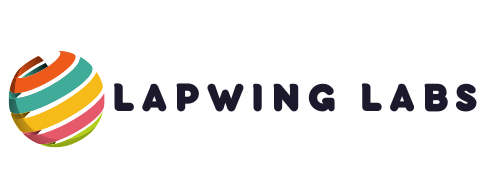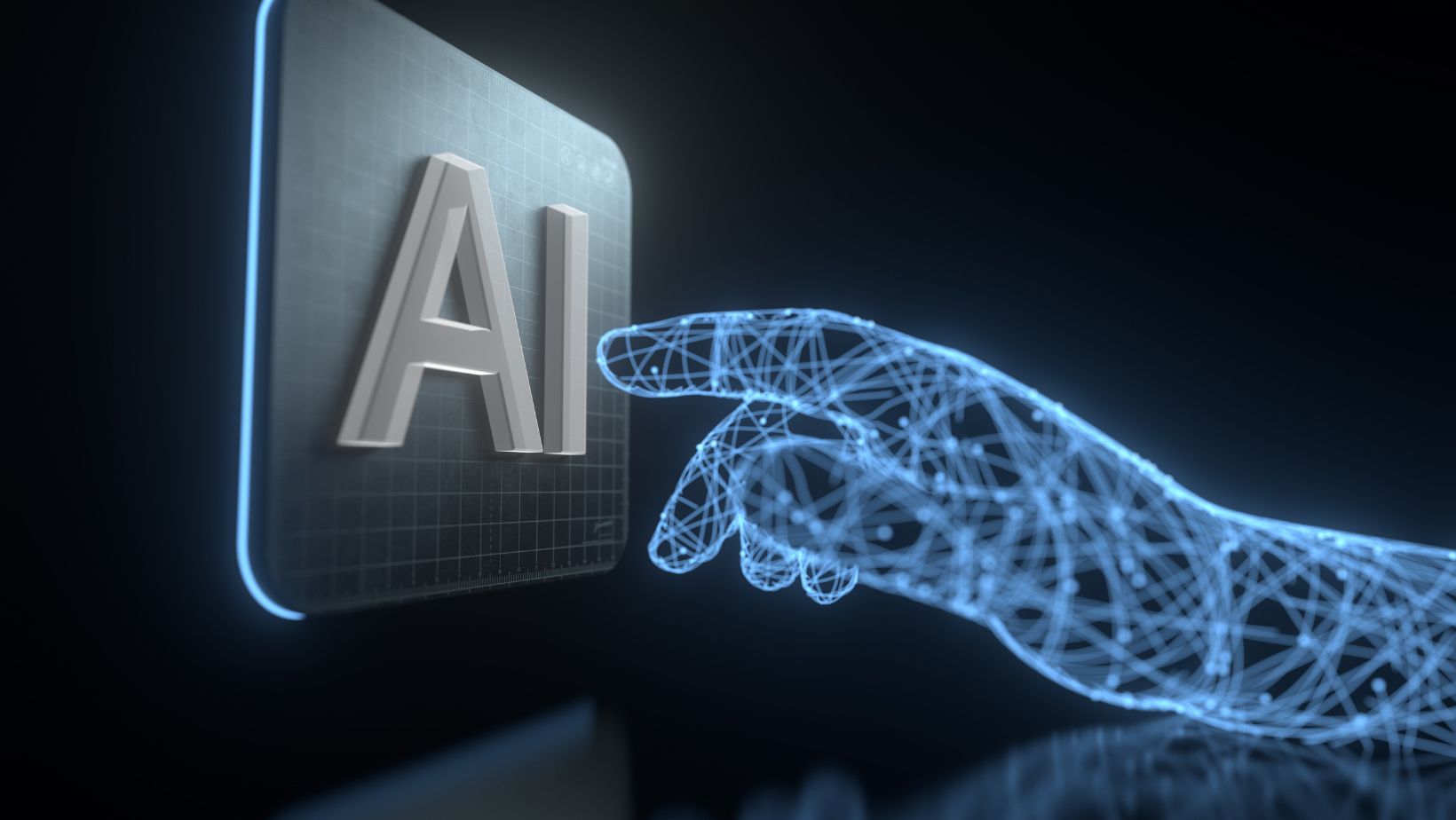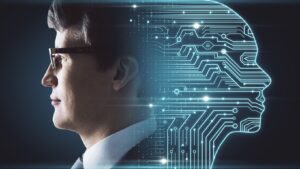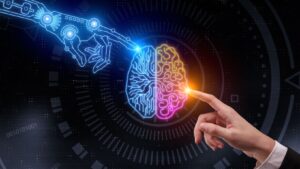 Exploring the realm of artificial intelligence (AI) can be a daunting task, yet artificial intelligence books provide an accessible gateway for enthusiasts and professionals alike. These books offer comprehensive insights into the complexities and advancements of AI technology, breaking down intricate concepts into understandable narratives. Whether it’s for academic purposes, professional development, or personal curiosity, there’s a wide array of publications catering to different levels of expertise.
Exploring the realm of artificial intelligence (AI) can be a daunting task, yet artificial intelligence books provide an accessible gateway for enthusiasts and professionals alike. These books offer comprehensive insights into the complexities and advancements of AI technology, breaking down intricate concepts into understandable narratives. Whether it’s for academic purposes, professional development, or personal curiosity, there’s a wide array of publications catering to different levels of expertise.
Artificial Intelligence Books
Historical Perspectives
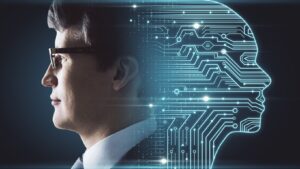 Diving into the realm of artificial intelligence (AI), it’s pivotal to understand how historical perspectives have shaped contemporary views and applications. Early works, such as “Computing Machinery and Intelligence” by Alan Turing, laid the groundwork for what AI would become. These pioneering texts explored the potential of machines to emulate human intelligence, sparking debate and further research. Notably, “Perceptrons” by Marvin Minsky and Seymour Papert offered an early critique of neural networks, highlighting limitations that inspired a wave of innovation in overcoming these hurdles.
Diving into the realm of artificial intelligence (AI), it’s pivotal to understand how historical perspectives have shaped contemporary views and applications. Early works, such as “Computing Machinery and Intelligence” by Alan Turing, laid the groundwork for what AI would become. These pioneering texts explored the potential of machines to emulate human intelligence, sparking debate and further research. Notably, “Perceptrons” by Marvin Minsky and Seymour Papert offered an early critique of neural networks, highlighting limitations that inspired a wave of innovation in overcoming these hurdles.
Books like “Gödel, Escher, Bach: An Eternal Golden Braid” by Douglas Hofstadter further expanded on these concepts, drawing connections between minds, machines, and mathematics in a way that was both accessible and profound.
Modern AI Explained
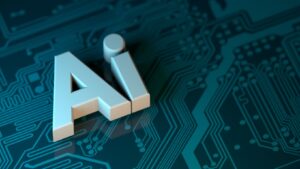 In more recent years, the surge in AI’s capabilities has been matched by a proliferation of literature aimed at demystifying this complex field for a broader audience. Books such as “Life 3.0: Being Human in the Age of Artificial Intelligence” by Max Tegmark explore how AI will impact every aspect of human life—from jobs to warfare to our very sense of being. Tegmark’s work encourages readers to think critically about the future they wish to create with AI technology at their disposal.
In more recent years, the surge in AI’s capabilities has been matched by a proliferation of literature aimed at demystifying this complex field for a broader audience. Books such as “Life 3.0: Being Human in the Age of Artificial Intelligence” by Max Tegmark explore how AI will impact every aspect of human life—from jobs to warfare to our very sense of being. Tegmark’s work encourages readers to think critically about the future they wish to create with AI technology at their disposal.
On the technical side, “Artificial Intelligence: A Guide for Thinking Humans” by Melanie Mitchell provides an insightful overview of current AI technologies while addressing common misconceptions. Mitchell breaks down complicated concepts into digestible pieces without oversimplifying the science or understating its potential consequences.
Top Artificial Intelligence Books
For Beginners
 Diving into the world of artificial intelligence (AI) can be daunting for novices. However, there are several books designed to ease beginners into this complex subject. Artificial Intelligence: A Guide for Thinking Humans by Melanie Mitchell serves as an excellent starting point. It offers a comprehensive yet accessible overview of AI’s capabilities and limitations, grounding its explanations in real-world examples and current research.
Diving into the world of artificial intelligence (AI) can be daunting for novices. However, there are several books designed to ease beginners into this complex subject. Artificial Intelligence: A Guide for Thinking Humans by Melanie Mitchell serves as an excellent starting point. It offers a comprehensive yet accessible overview of AI’s capabilities and limitations, grounding its explanations in real-world examples and current research.
Another highly recommended read is AI: 101 Things You Must Know Today About Our Future by Lasse Rouhiainen. This book breaks down complex concepts into digestible pieces, making it ideal for readers without a technical background.
For Experienced Practitioners
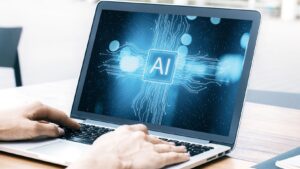 For those already versed in the basics of AI, several advanced texts delve deeper into the subject matter. Deep Learning by Ian Goodfellow, Yoshua Bengio, and Aaron Courville stands out as a seminal work in the field. It covers everything from machine learning basics to deep neural networks and their applications in computer vision and natural language processing.
For those already versed in the basics of AI, several advanced texts delve deeper into the subject matter. Deep Learning by Ian Goodfellow, Yoshua Bengio, and Aaron Courville stands out as a seminal work in the field. It covers everything from machine learning basics to deep neural networks and their applications in computer vision and natural language processing.
Another indispensable resource is Pattern Recognition and Machine Learning by Christopher M. Bishop. This book provides detailed explanations of algorithms used in machine learning, enriched with practical exercises that help solidify readers’ understanding.
Fictional Takes on AI
 Fiction has often explored artificial intelligence themes long before they became technological realities. Isaac Asimov’s I, Robot, a collection of short stories published in 1950, examines the ethical dimensions of robotics and AI through engaging narratives that remain profoundly relevant today.
Fiction has often explored artificial intelligence themes long before they became technological realities. Isaac Asimov’s I, Robot, a collection of short stories published in 1950, examines the ethical dimensions of robotics and AI through engaging narratives that remain profoundly relevant today.
More recent works like Neuromancer by William Gibson offer cyberpunk visions where humans and AI entities coexist within intricately connected digital worlds.
